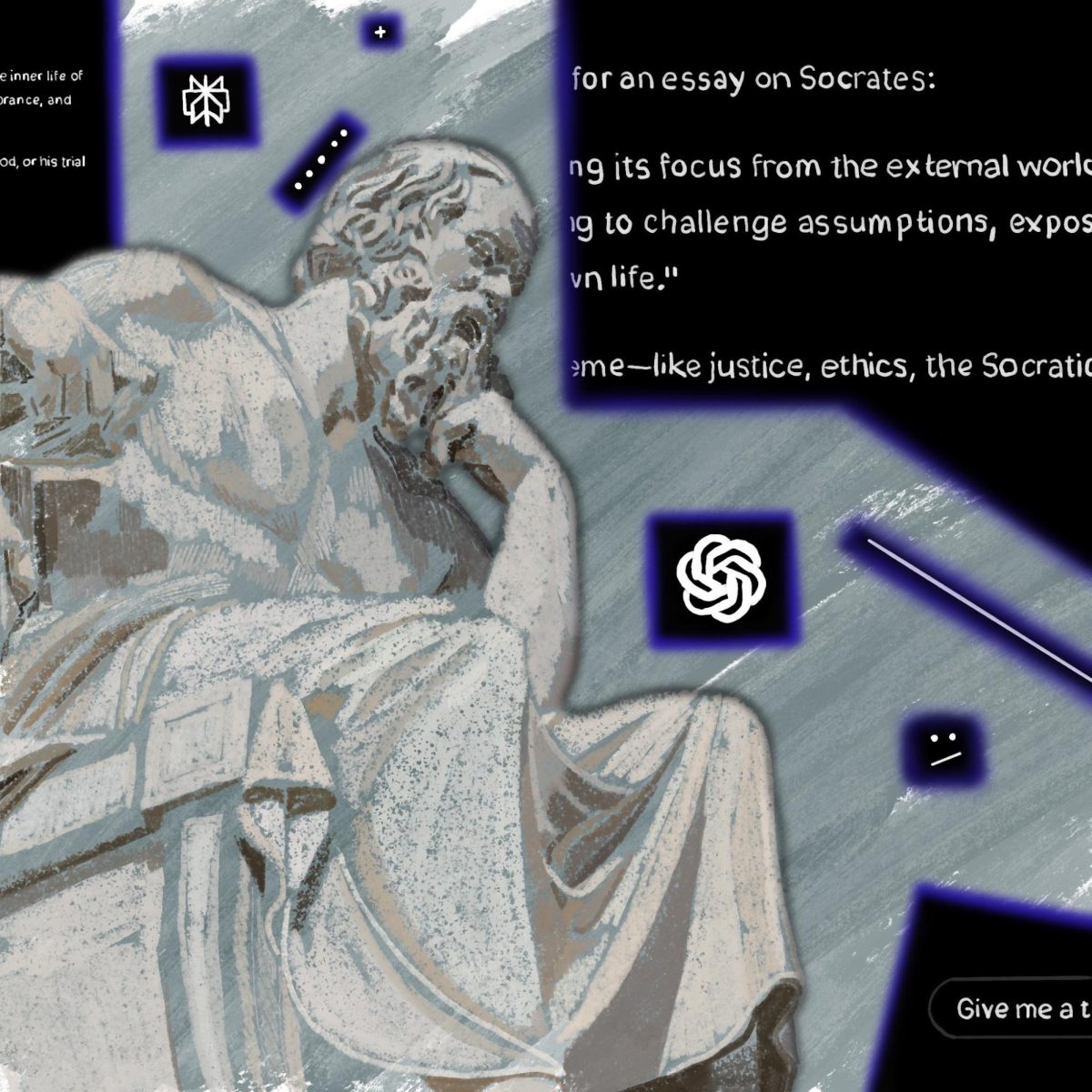As a graduate of a Chicago high school, I followed the news about UChicago Promise with great interest. To recap, the University announced last week that the program is supposed to help Chicago residents navigate the admissions process and offer grants in lieu of loans for those who are admitted. Although the program obviously doesn’t apply to me, I have benefited from some of the policies and resources that now fall under this program’s umbrella, including the Young Scholars Program run by the Department of Mathematics and the application fee waiver granted to all Chicago Public Schools (CPS) students. The initiatives that the University has taken to attract CPS students certainly influenced my decision to matriculate here, so I believe UChicago Promise will be very effective in drawing more applicants from the area.
Generally speaking, there seem to be two ways of expanding applicant pools. The first is to try to poach students who, under slightly different circumstances, might have gone to another institution whose applicant pool overlaps significantly with our own (say, Northwestern). This may be satisfying in the short run, but it’s an approach that’s vulnerable to fads. One school may rise in the U.S. News rankings, while another might get a famous movie star or do really well in the NCAA tournament. Thus, it’s not always going to be the same institution getting all the attention in media and pop culture.
The other approach is to seek out individuals who are well qualified but may not necessarily be equipped with the information or support that would help them find universities that are good matches. Given that the second approach is the explicitly stated goal of UChicago Promise, I hope that this program will influence how the University recruits non-Chicago residents as well.
The logical next step—to expand these initiatives to include other urban public school systems—would simultaneously broaden the University’s national scope while introducing some fresh perspectives on education. Throughout my six-and-a-half quarters at this university, I have met my fair share of people from a dozen countries and most of the states: members of different faiths, physics prodigies, stoners, and zombie hunters. The University promised diversity, and in a certain sense, it delivered. But I haven’t met very many students who graduated from urban public school systems outside of Chicago, which is a little disappointing given the sheer number of students in the country who have attended those schools. I don’t know for certain whether my experiences are a reflection of the demographics of the applicants to this university, but I’m willing to hazard an educated guess that urban public school graduates are underrepresented here and at peer institutions.
The idea of specifically encouraging applications from urban public schools has percolated in my mind ever since I read about University of Pennsylvania’s partnership with the Posse Foundation a few years ago. Through this collaboration, Penn focuses on recruiting Miami public school students who may not have thought of applying to schools like Penn. Though your first instinct might be to ask why universities should not simply focus on local public school kids, my response would be that giving students the opportunity to explore a different part of the country would improve their understanding of how other environments might have shaped people’s beliefs and behaviors.
Students from urban public schools have a lot to contribute to the conversation at universities like ours because our lives have been deeply affected by some of the most contentious ongoing ideological debates being held in the classroom and beyond throughout the country. Standardized testing and the teaching of topics such as evolution or climate change may be the most obvious, but they are not the only ones. Urban public school students also directly observe the disparities in school resources that arise from income inequality, the changes in school demographics as policymakers continue tweaking race-based or class-based affirmative action, and the cultural shifts that accompany new waves of immigrants.
I realize that my suggestion to focus on increasing the representation of urban public school students might be a little too pie-in-the-sky to be implemented. It takes a lot of time and resources to recruit students, and it’s always hard to say whether we ever have enough students from any given group. Nevertheless, if other students can wish for an on-campus Chipotle or friendlier squirrels, I feel all right putting my idea on the wish list.
Jane Huang is a third-year in the College.







